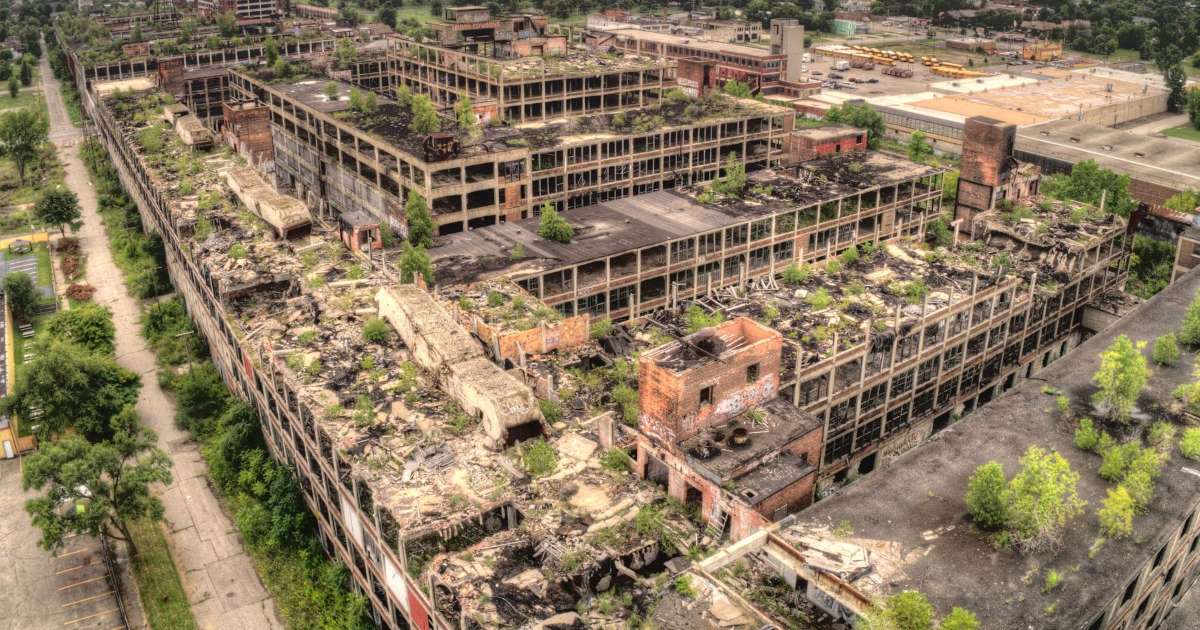RIO DE JANEIRO, BRAZIL – The Argentine economy contracted 19.1 percent in Q2 this year as a result of isolation to combat Covid-19. It was the most brutal contraction since statistical records began, exceeding the 16.3 percent drop in the first quarter of 2001, after the collapse of the peso-dollar parity. The National Institute of Statistics and Census published the data as the Minister of Economy, Martín Guzmán, was preparing to introduce the 2021 draft budget to the Chamber of Deputies, which projects 5.5 percent economic growth for next year.

Martín Guzmán has become politically stronger after sealing a debt restructuring deal with foreign private creditors, but last week he suffered a defeat before the Central Bank: the monetary authority managed to radically tighten exchange restrictions, opposing the Minister’s opinion, focusing specifically on the purchase of dollars. “These are transitional measures that do not make us happy, they serve to prevent further instability, but they are not permanent features of the economy,” the Minister explained to a group of legislators who attended the presentation in person. Guzmán had just made a curious gaffe: believing that the microphone was still off, he remarked to Chamber president Sergio Massa that he too “could blather on.”
The 2021 budget raises skepticism among analysts. First, because it estimates an exchange rate of 102 pesos per dollar for the whole year, when in the free market (parallel) the dollar is now listed at 144 and the “spot dollar transaction” (which is achieved by buying financial assets in pesos and reselling them in dollars) reaches 147. Second, because it estimates a 29 percent inflation next year, although in August the inter-year figure has already exceeded 40 percent, and private estimates place it at similar levels for next year. Third, because the length of the pandemic is still an unknown. And fourth, because President Alberto Fernandez and Guzmán himself are preparing a tax reform to be implemented as early as 2021, which, logically, the budget does not contemplate.
Another factor of uncertainty is the payment of extraordinary benefits to workers affected by the measures against the pandemic. It is unclear how long these will last. “The projections that we have started as a guide for economic policy are prudent,” said Guzmán. “The context demands that we redouble our common sense. We need policies that change reality based on caution and responsibility, not on illusions and doubtful fundamentals.” When questioned by a deputy, the Minister accepted that it was not possible to draw up an economic plan in such an uncertain international context.
Guzmán proposes to reduce the budget deficit, which is now close to ten percent of GDP because of the pandemic, and to reduce it to 4.5 percent in 2021. In other words, adjustments will be required in a difficult situation. It will include a reduction in interest payments on the debt (as a result of the restructuring, they dropped from 3.4 percent of the total budget to 1.5 percent), but it will still be complex. In this budget project, it is estimated that 35.8 percent of Argentine workers will remain in “informality,” unconnected to tax and labor regulations. This is very serious data, although not as serious as some recently published by the Statistics Institute: one in ten Argentines lives in extreme poverty, 14 percent of the population is hungry, 44.7 percent are poor. Currently, earning the equivalent of US$1,000 per month is enough for a person to join the top three percent wealthiest people in the country.
The estimated budget deficit will require a vast production of money, since Argentina, with a country risk of over 1,300 points, can only obtain external credit at prohibitive rates of over 12 percent. It will take 1.6 trillion pesos (R$115 billion, at the official exchange rate) to cover the expected expenditures, which will be achieved by printing money (something that could cause inflation to soar if the economy reactivates) and, to a lesser extent, by issuing debt in pesos. The need for money is so urgent that, with the two Argentine banknote printers working 24-hour shifts, a Brazilian company had to be hired to add production.
For Minister Guzmán, the priority is to “reassure the economy” after ten years with no growth, after the “shock” of the 2018 and 2019 depreciations and the devastation caused by the pandemic. He hopes that real wages will “begin to rebound” through a return to growth, driven by public spending.
Source: El País

